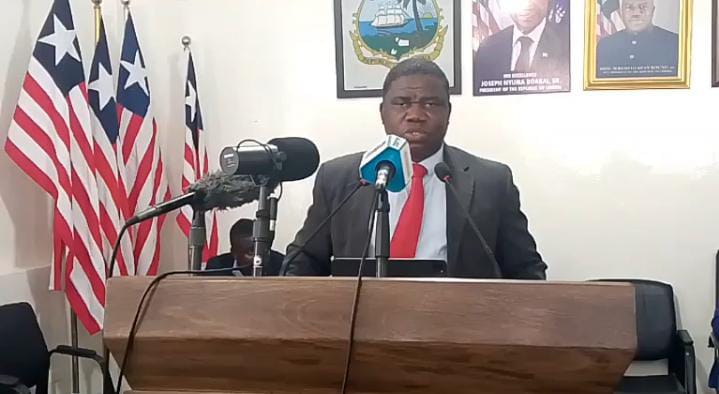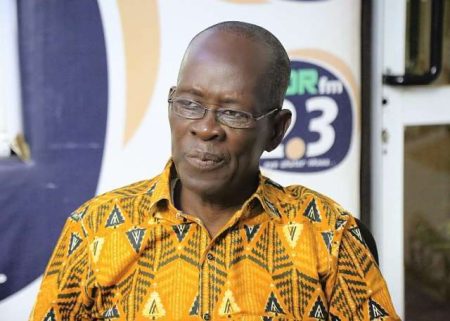Liberia is convening a strategic retreat to reassess its national development agenda, the AAID, in response to a significant reduction in aid from the United States Agency for International Development (USAID). This reduction, impacting not only Liberia but also other developing nations, necessitates a recalibration of the AAID’s funding strategy and implementation plan. The retreat, scheduled for April 17, 2025, at the Ministerial Complex in Congo Town, will bring together government officials, development partners, civil society organizations, and other key stakeholders to collectively address the emerging financial gap and chart a new course for the nation’s development trajectory.
The AAID, launched in January 2025 by President Joseph Nyuma Boakai, outlined a comprehensive roadmap for resource mobilization, targeting contributions from international donors, the private sector, the diaspora community, and domestic revenues. The initial funding model envisioned a 20% contribution from donors, 30% from the private sector, 10% from the diaspora, and 30% from government resources. However, the USAID’s recent decision to substantially decrease its aid contribution has disrupted this carefully crafted plan, forcing the Liberian government to rethink its resource allocation strategy and explore alternative avenues for funding its ambitious development goals.
Deputy Minister of Finance, Dephue Zuo, emphasized the urgency of this reassessment, stating that the retreat will serve as a critical platform to evaluate the AAID’s progress to date and realign its priorities with the now diminished donor support. The goal is to repurpose existing funds and identify innovative partnerships and collective approaches to bridge the funding gap and ensure the continued implementation of Liberia’s flagship development projects. The retreat signifies a proactive response to the changing development landscape, demonstrating the government’s commitment to maintaining the momentum of the AAID despite the unforeseen financial setback.
Key development partners, including the United Nations Resident Coordinator, Christian Umutoni, and the Swedish Ambassador to Liberia, have expressed support for the government’s initiative, recognizing the retreat as a crucial opportunity to strengthen cooperation, enhance mutual accountability, and foster inclusive dialogue in addressing the current development challenges. They view the retreat as a timely and necessary step towards promoting national ownership and coordination in development planning, underscoring the importance of a collaborative approach to navigate the complexities of the evolving aid landscape and ensure sustainable progress towards Liberia’s development objectives.
The Ministry of Finance has reiterated its commitment to working closely with all stakeholders to secure sustainable and well-coordinated support for the nation’s development agenda. The retreat is not merely a reaction to the USAID’s aid reduction; it is also a strategic opportunity to bolster the resilience of Liberia’s development framework, diversify its funding sources, and strengthen the partnerships that are essential for achieving long-term sustainable development. By bringing together a diverse range of actors, the retreat aims to forge a collective path forward, ensuring that the AAID remains a viable and impactful roadmap for Liberia’s future.
This strategic retreat marks a pivotal moment in Liberia’s development journey. It is a testament to the government’s adaptability and its dedication to the AAID’s success. While the USAID’s decision presents a significant challenge, the retreat provides a platform to transform this challenge into an opportunity to strengthen national ownership, foster innovative solutions, and build a more resilient and sustainable development framework. The outcome of the retreat will be crucial in shaping the future trajectory of Liberia’s development and its ability to achieve the ambitious goals set forth in the AAID. The collaborative spirit and proactive approach demonstrated by the government and its partners offer a hopeful outlook for navigating the current challenges and securing a prosperous future for Liberia.














